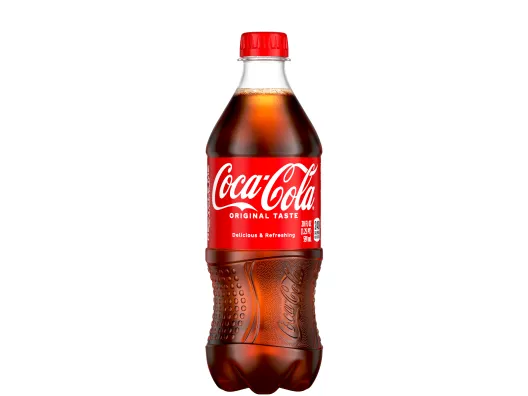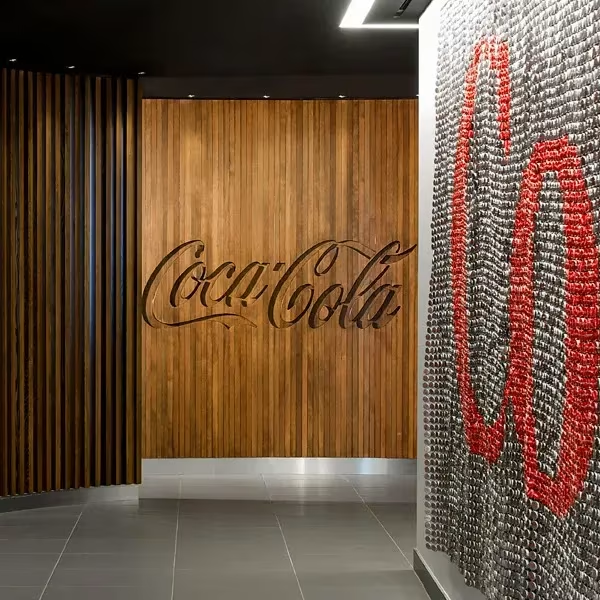In a headline-grabbing announcement that bridges health concerns, brand loyalty, and presidential influence, former President Donald Trump revealed this week that Coca-Cola has agreed to replace high-fructose corn syrup (HFCS) with real cane sugar in its U.S. beverage production. The claim, made via Trump’s Truth Social platform, is already stirring debate among consumers, health advocates, and industry analysts.
“I’ve been speaking to Coca-Cola about using real cane sugar in Coke in the United States, and they have agreed to do so,” Trump wrote. “This will be a very good move by them. It’s just better.”
The former president did not elaborate on what sparked his interest in changing Coca-Cola’s recipe, especially given his well-known preference for Diet Coke, which contains neither HFCS nor cane sugar. However, the move aligns with broader public health trends and growing consumer demand for more natural ingredients in processed foods.
The HFCS Controversy
High-fructose corn syrup has long been a lightning rod in discussions about America’s obesity and diabetes epidemics. Widely used in the food and beverage industry for its low cost and strong sweetening ability, HFCS has long faced criticism from nutritionists and advocacy groups. Critics argue that while chemically similar to cane sugar, HFCS is more heavily processed and may contribute to health issues ranging from metabolic syndrome to fatty liver disease.
Robert F. Kennedy Jr., a vocal health advocate and 2024 presidential candidate, has been one of HFCS’s most prominent opponents. His “Make America Healthy Again” movement has repeatedly called for the elimination of HFCS from common food products. Trump’s announcement appears to align, at least loosely, with these sentiments—though no formal collaboration between the two political figures has been confirmed.
A 2022 clinical review found that while HFCS and cane sugar both consist of glucose and fructose, there was a slight but measurable increase in inflammation markers in people consuming HFCS. Though the review stopped short of declaring one definitively healthier than the other, this distinction has fueled public perception that cane sugar is the “cleaner” option.

Coca-Cola’s Response and What It Means
Coca-Cola did not issue an immediate confirmation of Trump’s claim, but the company acknowledged his comments. In a short statement, the beverage giant said: “We appreciate President Trump’s enthusiasm for our iconic Coca-Cola brand. More details on new innovative offerings within our Coca-Cola product range will be shared soon.”
Whether this means a full-scale transition to cane sugar or simply the introduction of more cane sugar-based options alongside existing products remains unclear. For now, the company appears to be holding back on a full public endorsement of the plan.
Still, the idea of cane sugar Coke isn’t new. “Mexican Coke,” bottled and imported from Mexico where cane sugar is the standard, has long been a cult favorite in the U.S. Known for its distinct glass bottle and slightly different taste, it is often sold at a premium in specialty stores. Fans argue that its flavor is cleaner and more authentic compared to the HFCS-sweetened American version.
If Coca-Cola moves forward with using cane sugar in its mainstream U.S. products, it could reshape how the brand is positioned and marketed. It might also force other beverage manufacturers to reevaluate their own sweetener strategies.

Trump’s Diet Coke Button Is Still in Action
Interestingly, Trump’s push for healthier ingredients does not extend to his personal favorite drink—Diet Coke. Since returning to the White House, he has reinstalled the famous red button on the Resolute Desk, which summons a staffer to deliver a can of Diet Coke upon request.
Diet Coke is sweetened with aspartame, a controversial artificial sweetener that has also faced scrutiny over the years. However, it remains a staple of Trump’s daily routine and continues to be a fixture in the Oval Office.
The juxtaposition of Trump advocating for natural sweeteners in regular Coke while continuing to consume a diet version filled with artificial ones has not gone unnoticed. Still, his influence—especially on corporate America—remains formidable, and Coca-Cola’s engagement with him suggests they’re willing to listen, if not fully comply.
Health or Branding?
Whether this shift represents a genuine push toward public health or a calculated branding strategy is up for debate. What is clear, however, is that Trump’s voice still carries weight in shaping conversations that affect consumer behavior and corporate policy.
As more Americans seek cleaner labels and clearer ingredient transparency, Coca-Cola’s possible change may indicate a wider industry trend. In the coming weeks, all eyes will be on the company to see if the promise of real cane sugar becomes a national standard—or remains just another high-profile talking point.
Stay informed and healthy with UState Pulse.